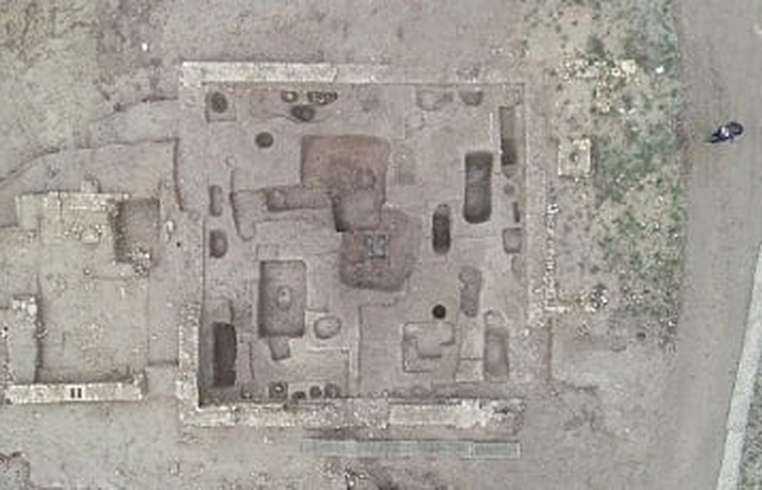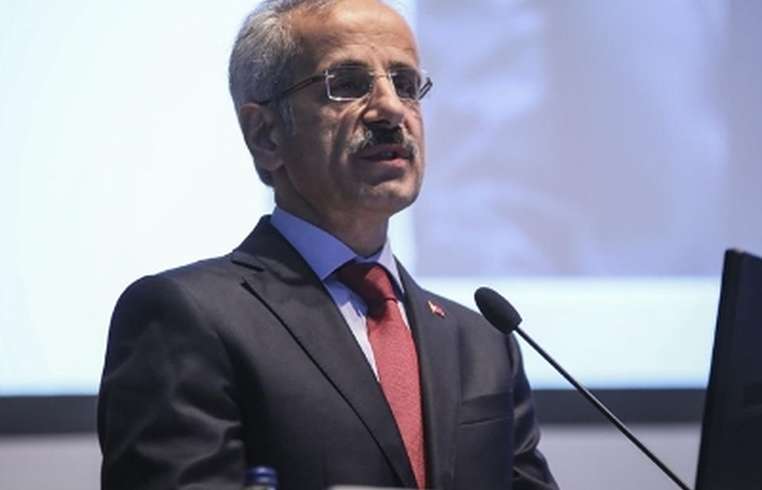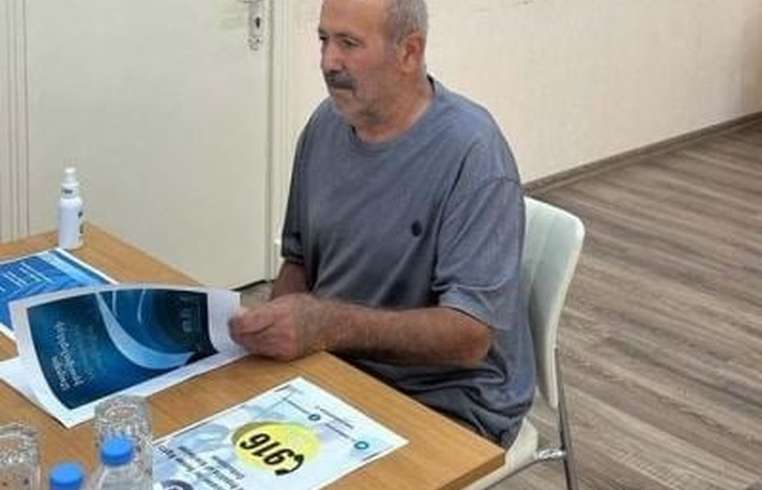
News - Ancient Roman graves with funerary festival evidence discovered in southern France
Business Strategy
Ancient Roman graves with funerary festival evidence discovered in southern France

Archaeologists have unearthed a sprawling ancient Roman cemetery in southern France containing 1,430 graves and evidence of funerary banquets held in honor of deceased family members, Live Science reports. Excavations of the cemetery, called the Robine necropolis due to its proximity to a canal of the same name, began in 2017 ahead of construction work in the city of Narbonne. The funerary complex was "remarkably well-preserved," having been buried beneath a 10-foot (3 meters) blanket of silt during flooding of the nearby Aude River, according to a translatedstatement. The graves and artifacts date to between the end of the first century B.C. and the end of the third century A.D. and include more than 100 tombs containing children's remains. Subsequent analyses showed the method of burial differed depending on the age of the deceased person: Children were buried, while the majority of adults were cremated. Adults who were buried without cremation were placed in wooden coffins, whereas children were placed in more rudimentary boxes or pits closed with a cover, according to the statement. Some graves were scattered with chunks of charred food — including dates, figs, cereals and bread. Archaeologists think these were left over from feasts held by families in remembrance of deceased relatives. The feasts may have been part of a nine-day-long Roman festival known as "Parentalia," which families celebrated every year in February. The festival ended with an event called "Feralia" on February 21, when families gathered in cemeteries with food, wine and other offerings for the dead.






